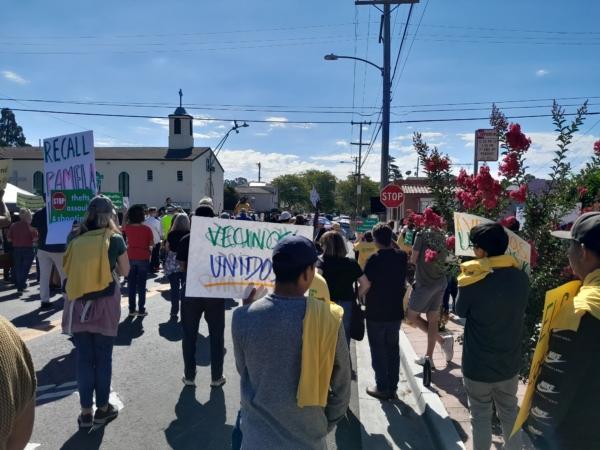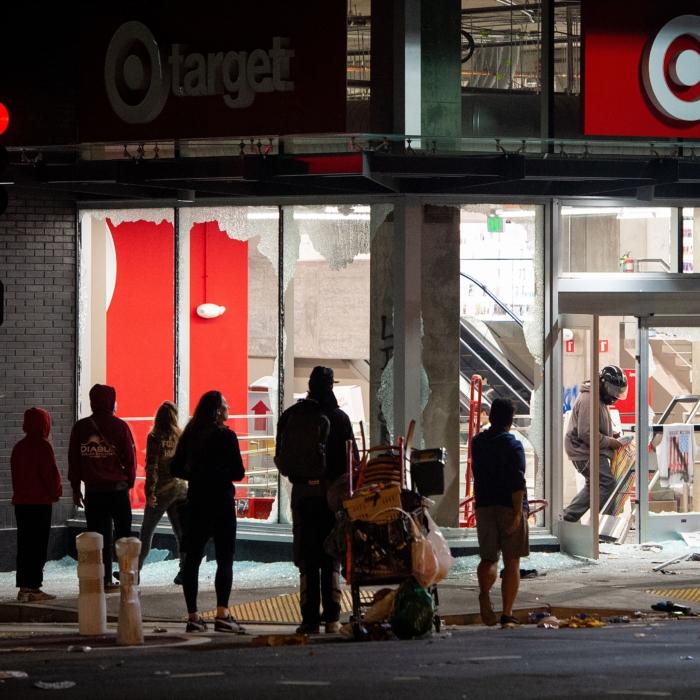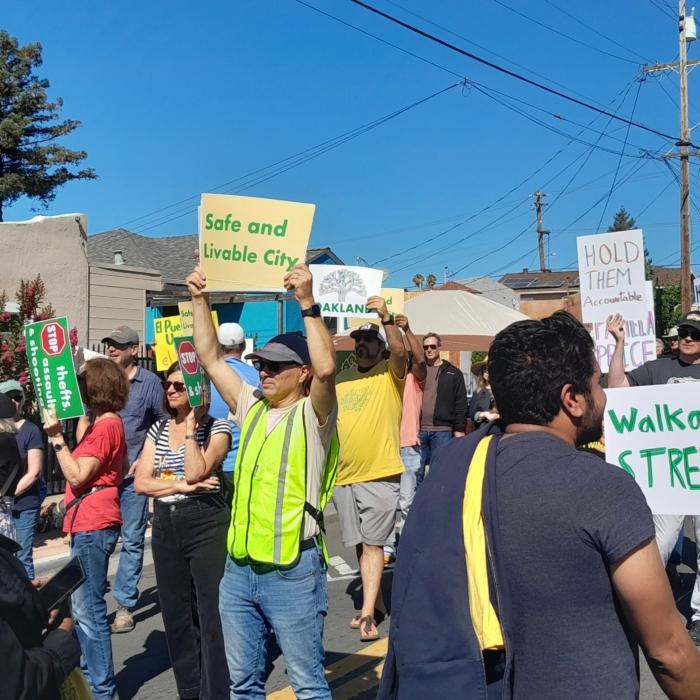Following the City of Oakland’s failure to meet deadlines for grants worth millions of dollars in police funding, the local branch of the NAACP asked city leaders to call a state of emergency and immediately prioritize public safety in the city because of rising crime.
“A missed opportunity to secure $15 million is a significant setback for the City of Oakland,” Terry Wiley, the retired chief assistant district attorney for Alameda County, which includes Oakland, said in a Sept. 18 news conference. “Especially when we’re faced with pressing challenges. I’ve seen crime in the ‘90s and early 2000s to today, and there have been persistent crime problems, but I’ve never seen what Oakland is experiencing today.”
Crime is up 27 percent since last year, with violent crime—including homicide, aggravated assault, and rape—up 20 percent over the same period, and robberies up 31 percent, according to Oakland Police Department statistics released on Sept. 18.
Carjackings are up 20 percent, with 504 occurrences this year, while more than 10,000 vehicles have been burglarized, with another 10,500 stolen so far this year, jumping by 43 percent and 51 percent, respectively, according to police data.
At the news conference, called “Oakland Got Nothing!,” speakers called for independent investigations to uncover why city officials missed a July 7 deadline to apply for the state’s organized retail theft grant program that provides a combined $267 million to 55 cities and counties.
“The failure of our City of Oakland to apply for the retail theft grant requires an investigation by a private auditor,” Mr. Wiley said. “It is our duty to seek transparency and accountability in this matter.”
“City residents have a right to know,“ he said. ”The citizens of Oakland deserve better than what we received in this particular case.”

Some questioned the possible motivations behind the city’s failure to apply for grants on time, suggesting that agendas to limit police funding could be a factor.
“Missed the deadline sounds like negligence. ... It sounds like it’s an accident, a matter of irresponsibility,” said Greg McConnell, a lifelong member of the NAACP and president of the Oakland-based nonprofit public policy group Jobs and Housing Coalition. “I think it’s more. We’ve got reason to question whether this was a product of somebody missing the deadline—not paying attention—or a discussion to not seek the funds.”







